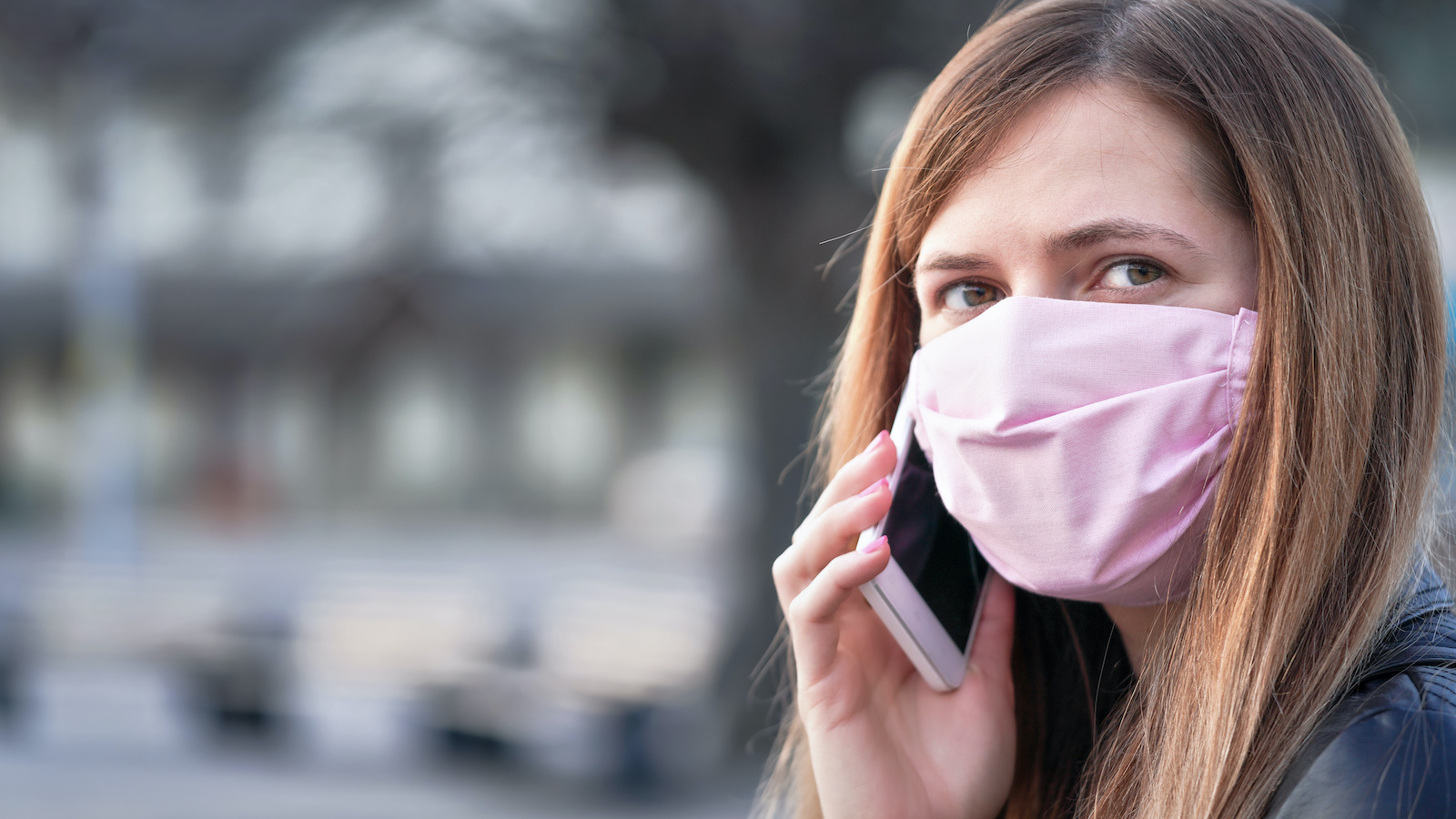A top medical officer for Zurich, which offers finance and insurance products to auto dealerships, recently shared advice on how best to stay safe during the COVID-19 crisis.
Dr. Nina McIlree, Zurich vice president of medical management, said on the podcast, “Help Stop the Spread, What Businesses Need to Know," that the more you know about the virus, the less chance of you have of catching it or spreading it.
“This is unsettling for all of us,” she said. “But there are many things we can do to stop the spread.”
McIlree explained that under a microscope the virus looks like a round sphere with little spikes resembling the sun’s corona, hence the name “coronavirus.”
“This virus is different than any we’ve seen before,” she said. “The virus can remain on cardboard surfaces for up to 24 hours, but two to three days on plastic and stainless steel.”
McIlree said the virus will be defeated by denying it new hosts (people) to infect.
“It is called a ‘novel coronavirus,’ that means it’s a strain not encountered before,” she added. “The common cold is part of the same family of viruses, but this one is more contagious, more virulent, more dangerous, particularly to people with health conditions and the elderly.”
The pandemic began in December in the Wuhan region of China.
“It has been traced to an outdoor live animal market,” McIlree said. “The Chinese government enacted a quarantine but despite this, unfortunately, the virus broke out.”
The coronavirus arrived in the U.S. in January.
“Once a person is infected it can take a week or two for symptoms to show including fatigue, body aches, fever and dry cough,” Mcllree explained. “Of cases, 80% are mild. Sometimes there are no symptoms. But they can be more severe.”
McIlree said the virus is particularly dangerous to the elderly and people who already have immune-compromised conditions.
“Our initial response to the pandemic was containment,” she said. “But like China, that was unsuccessful. Now we’re in the mitigation stage. We extinguish the virus by denying it new hosts.”
McIlree said people should use hand sanitizers and if those are in short supply they can make their own sanitizing wash solution out of 70% rubbing alcohol and 30% water.
“Clean hard surfaces,” she advised. “We also practice social distancing, separating ourselves from other people even if they show no signs of infection. It can be days before symptoms show, so it’s important to avoid contact, such as shaking hands, sharing cups or water bottles.”
Large group activities should be avoided.
“If you feel ill, do not immediately drive to a doctor unless you experience an emergency, instead go home and call a doctor,” McIlree recommended. “There is a risk of infection from patients waiting to be seen in a doctor’s office.”
She said that despite initial confusion over testing kits, the numbers of kits and testing sites have been ramped up in recent days.
“As (testing increases), we’ve seen a rise in confirmed cases that’s to be expected,” McIlree said. “But taking the proper steps, all of us can gain personal control during these trying times.”
McIlree said the single most important thing is to wash your hands frequently using antibacterial soap.
“You should scrub for 20 seconds in hot water,” she said. “Sing happy birthday twice, that’s 20 seconds. Do not touch your mouth, nose, eyes unless you have thoroughly washed your hands. Most of us touch our faces an average 16 times each hour.”
By working together Mcllree said the virus will be defeated.
“We all share personal accountability,” she said.







 Alerts Sign-up
Alerts Sign-up